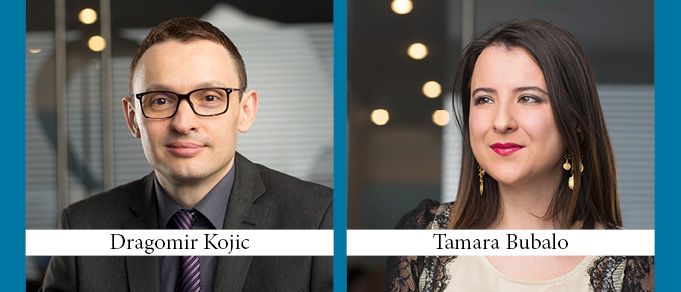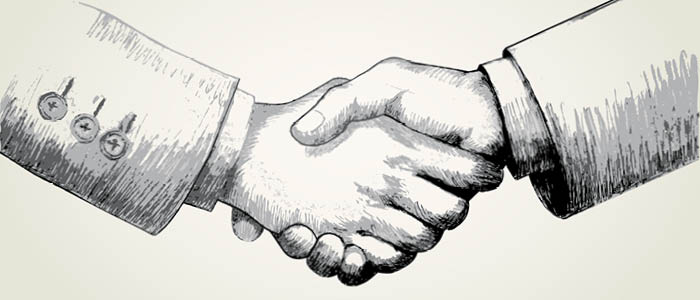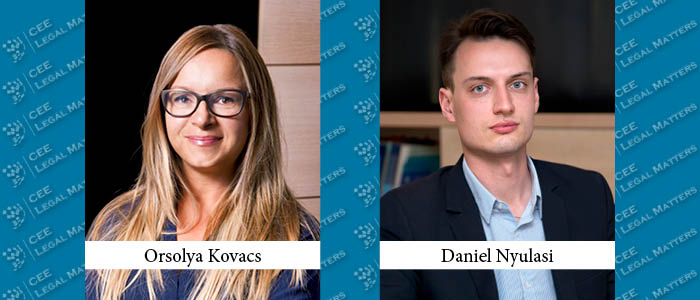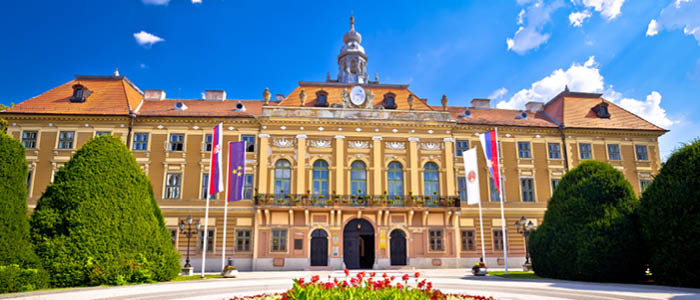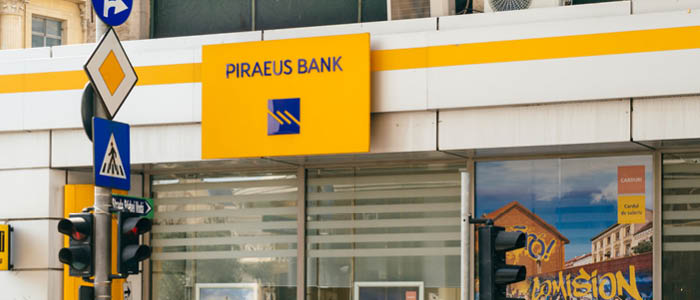Intellectual property infringement through the circulation and sale of counterfeit goods is still very much both a global and a local issue. As modern day counterfeiting is now acquiring more sophisticated forms involving a plethora of new and usually unsuspected goods (for example, pharmaceuticals) and with the intent of not only existing on the black markets but infiltrating into the legal market flows as well, we are faced with the need for a more aggressive approach requiring first and foremost improved legislation and subsequently more efficient enforcement activities.
Industrial Property Law and Protection of Intellectual Property Rights in Turkey
The Turkish Law on Industrial Property (the “Law”) was published and entered into force on January 10, 2017.
Romania: Practical Information Regarding ccTLD (.RO) Domain Name Disputes
One of the astringent issues faced by intellectual property rights (IPRs) holders nowadays is enforcing their rights on the Internet, whether in conflicts deriving directly from the act of selling counterfeit products over the Internet or those involving domain name disputes. This latter concern is the focus of this report.
Commercial Use of Unlawful Software in Slovenia
On-site inspections conducted by the Market Inspectorate of Slovenia in the last decade have shown that approximately 9% of all software installed on company computers lack the necessary permission of the rightful copyright holders. At the same time, over 40% of inspected companies had at least one unlawful computer program installed when inspected. Results show that SMEs are especially prone to such practices.
Slovakia (Finally) Introduces Specialized Court for Industrial Property Disputes
As part of the long-planned reform of intellectual property (IP) law in Slovakia, it was finally agreed that IP disputes should be handled by a court system able to truly understand the (often rather technical or technological) nature of IP. This decision stemmed from the frustration of many IP owners with the fact that court decisions sometimes lacked sufficient quality and that the proceedings (especially in some courts) took far too long.
Intellectual Property in Russia
Intellectual Property protection in its modern sense is considered to be quite young in Russia. Although Russia is not far behind world standards for protection and enforcement of Intellectual Property, major changes took place in Russia in 2008. Almost ten years ago the Fourth Chapter of the Russian Civil Code incorporating various Intellectual Property-related rules came into effect. Of course, this area of law is still changing, leading to new amendments, improvement proposals, and legal discussions.
Legal Status of Software Under IP Laws of Belarus
As a prominent IT-hub in CEE, Belarus gave life to quite a few players in the international IT arena, including EPAM, Wargaming.net, Viber, MAPS.ME, MSQRD, Prisma, and many, many others. More and more Western software and hardware companies are entering into long-term partnerships or other contractual relationships with Belarusian talent. In this context, the basic principles of Belarusian legal regulations that govern the protection and transfer of IP rights related to software are increasingly important.

